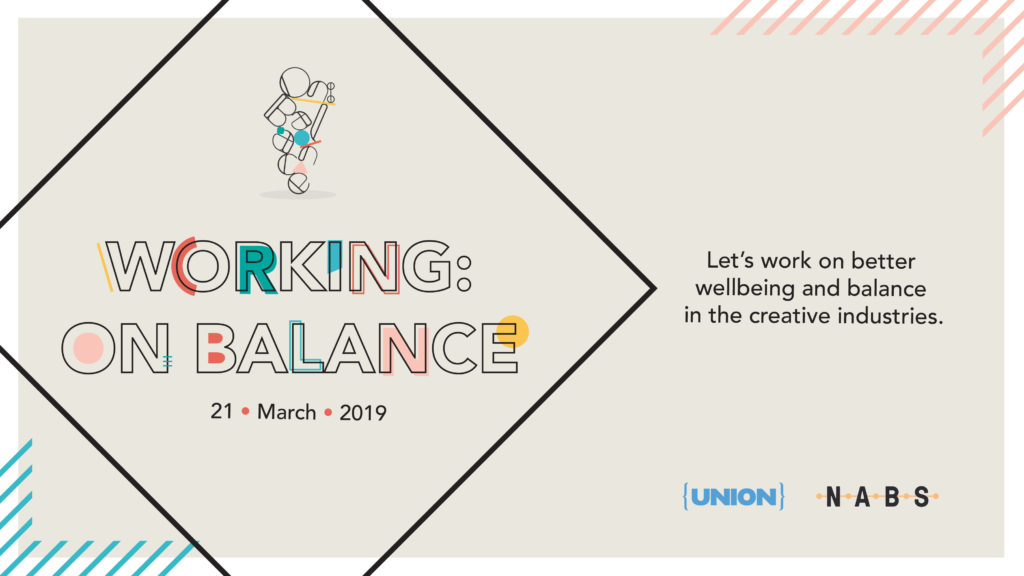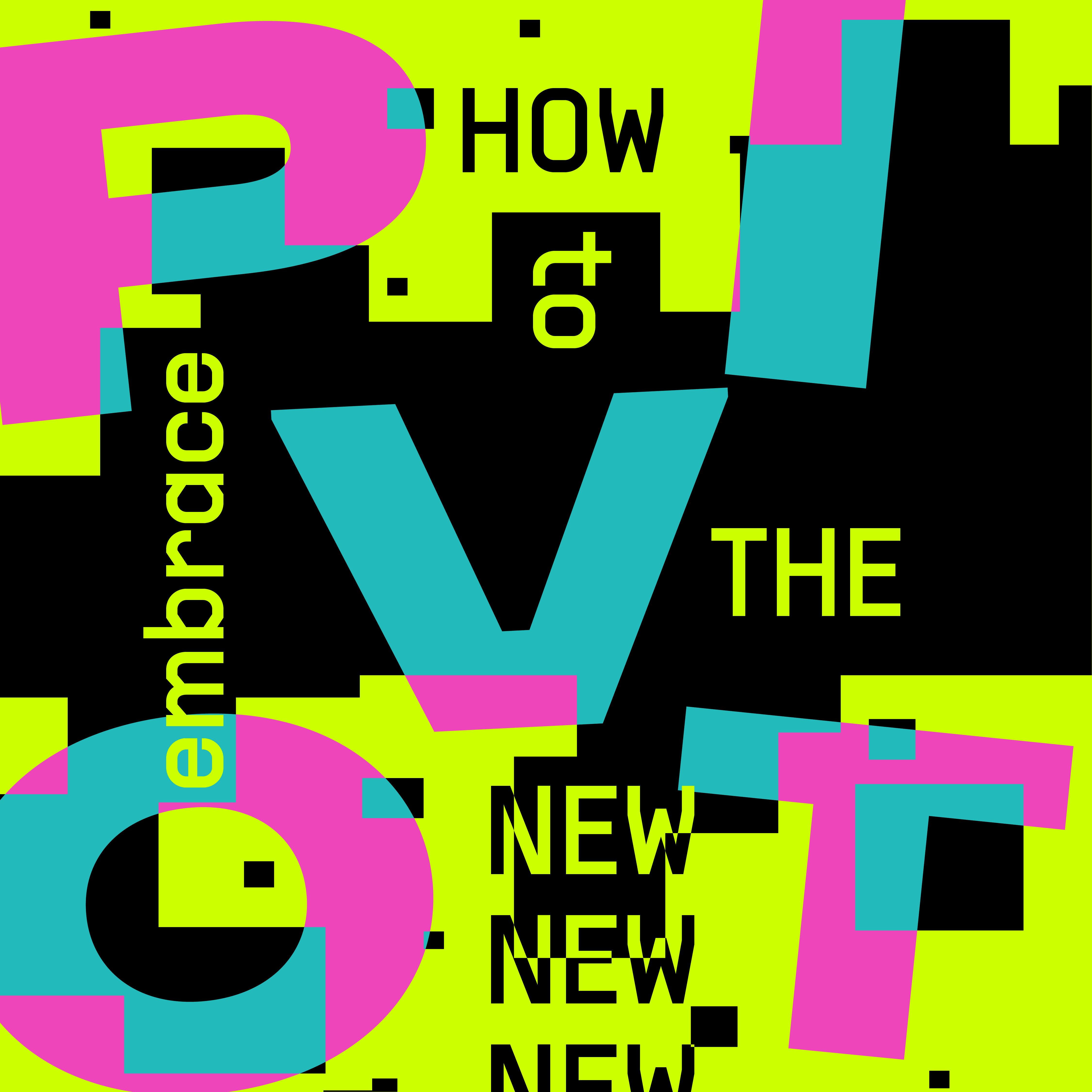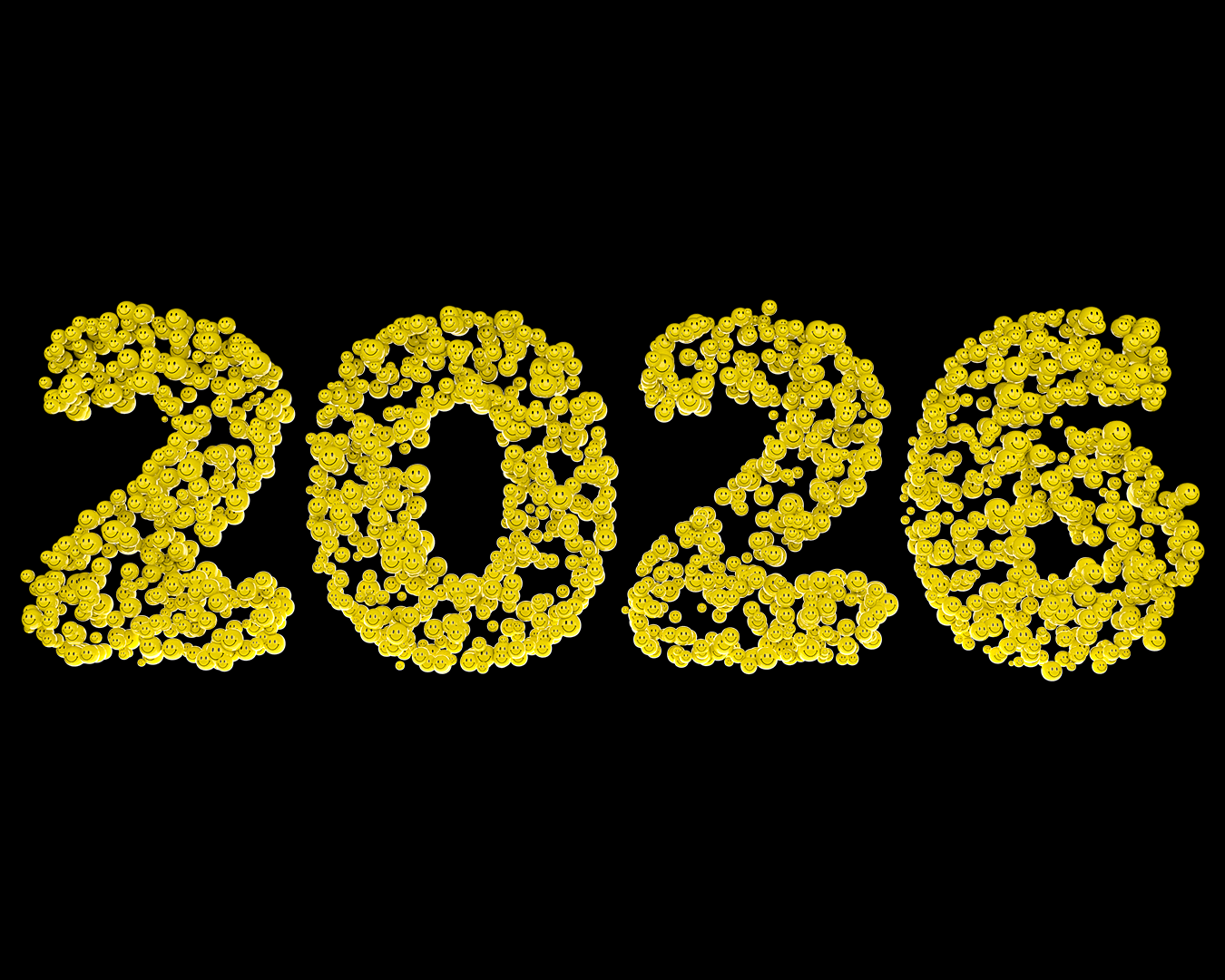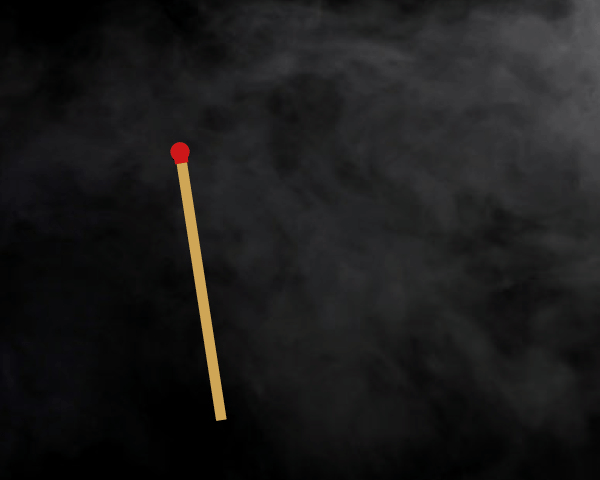
“The likelihood of a mental health problem in the [creative] sector,” a recent report by Ulster University reads, “is three times that of the general population.” There’s an uncomfortable truth in the room, and we can no longer ignore it.
In the creative industries we pride ourselves on being at the forefront of innovation and tech, of change, of this persistent pursuit of ‘newness’, of improvement. Yet we seem to be lagging behind when it comes to our own ways of working.
Admittedly, no-one starts out in this industry for balance. Going the extra mile is our default. But when the late nights pile up and the deadlines close in and the quick turnarounds put us in a spin, it’s little wonder we’re feeling a little off-kilter. Something has to change.
Luckily, change is our superpower. It’s what we trade specifically in: changing perceptions, changing attitudes, changing our clients’ businesses for the better. In fact, advertising campaigns have played a fundamental role in changing the way we talk about mental health in recent years. It’s just that somewhere along the way, we forgot to look after our own industry.
And this is indeed an industry-wide issue. In the latest Creative Review, four leading ad industry figures were asked what one thing they would change about advertising today. Two out of four touched upon work/life balance. Clare Jones from Pi studios addresses the “pressure to invest all [our] physical and emotional energy, and time, into [our] work.” Alex Grieve and Adrian Rossi from AMV BBDO are determined to create the conditions for their creative teams to do less: “The greatest enemy of work is work.”
When the work/life balance starts looking more like work/work balance it really is creativity that suffers. Our best work comes from the freedom to explore and to play. “You play the piano”, Alan Watts said, “you don’t work the piano.”
So let’s do what we do best. Let's use our creativity to find new ways to work for better mental health. To reclaim balance in our working lives. There may not be quick fixes, easy solutions and ‘3 simple steps’ to address this. Well-intentioned as they are, wellbeing initiatives only scratch the surface.
No amount of herbal teas and sitting in child’s pose at lunchtime will help as much as having a meaningful conversation about the very things that are stressing us out at work.
That’s why, we're opening the doors of Union House on 21st March 2019, to leaders, makers and thinkers from our industry and beyond to start the conversations about ways to make exceptional work in a way that works for us, our clients and our minds.




